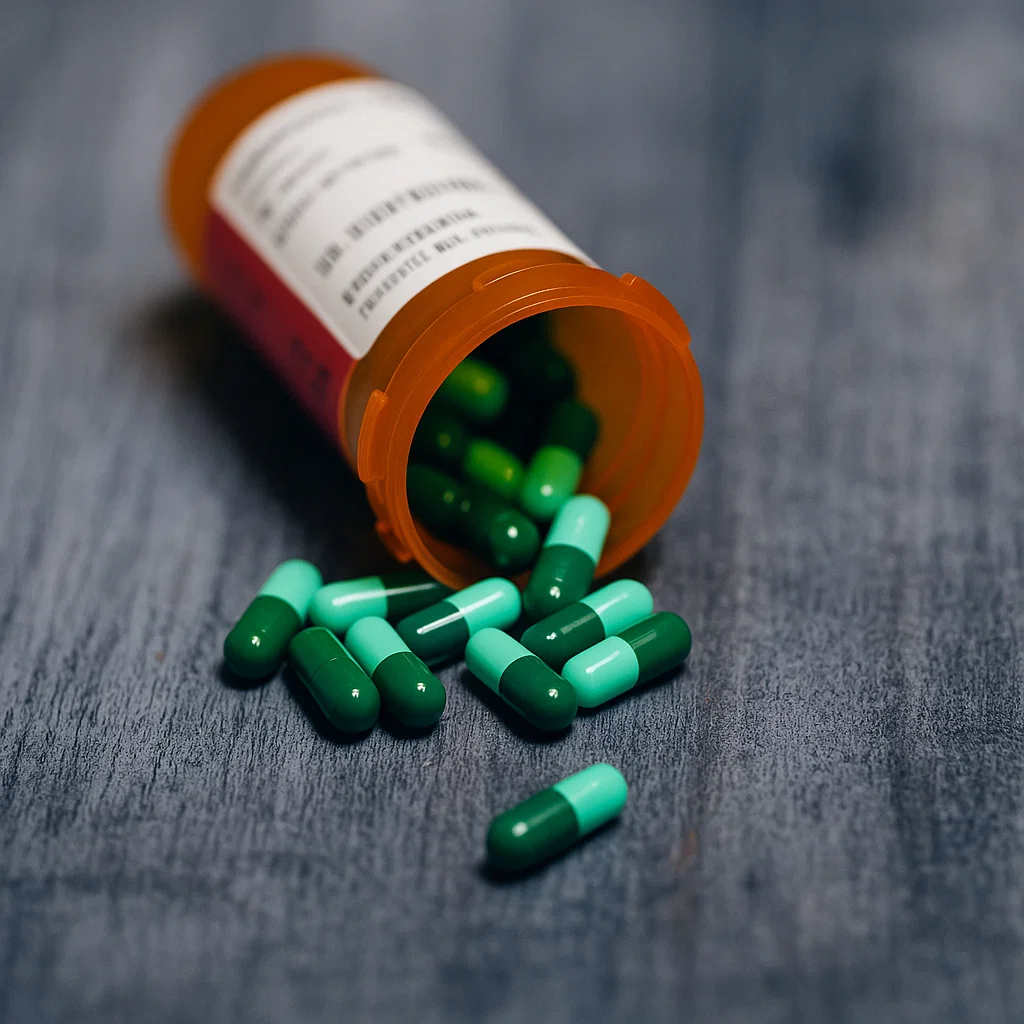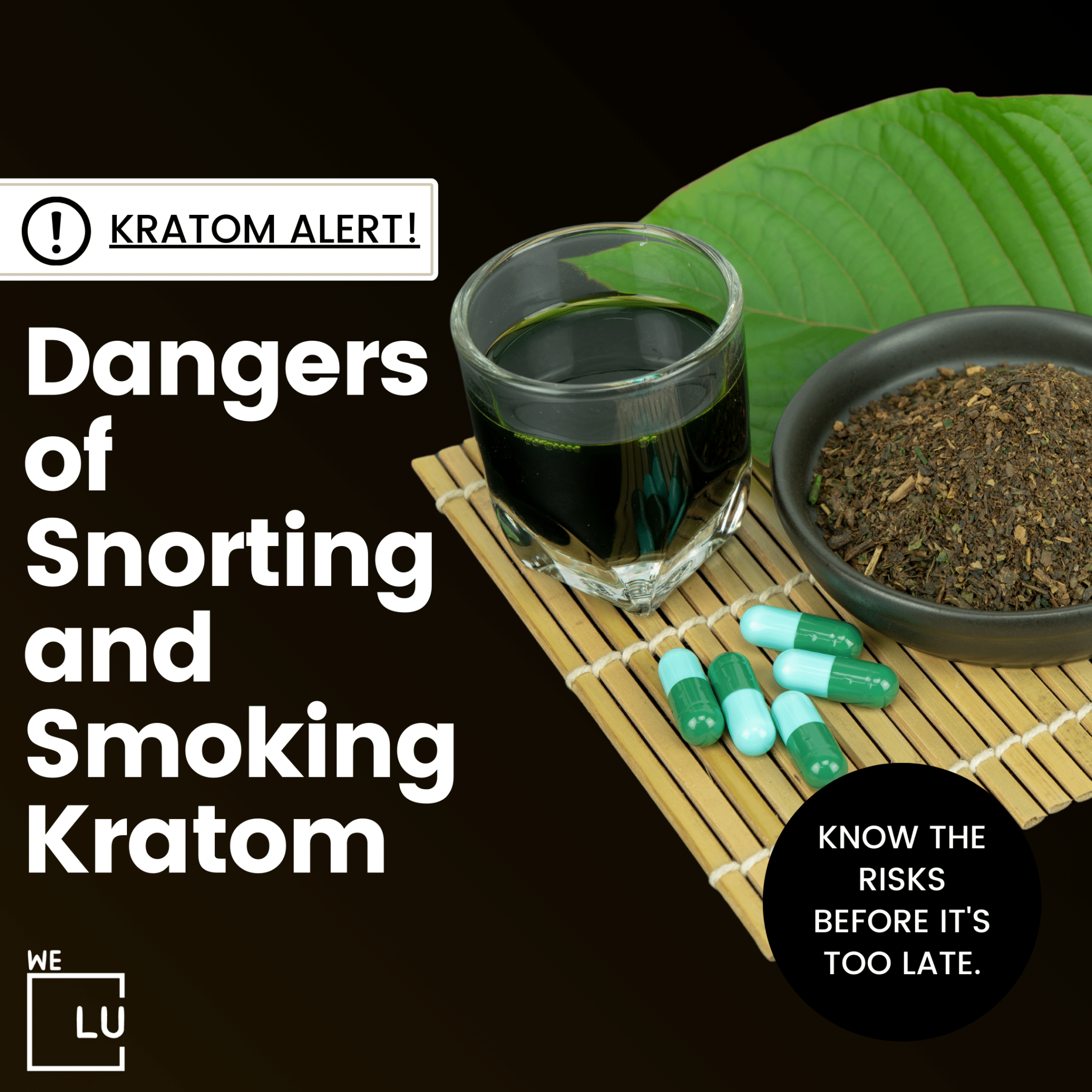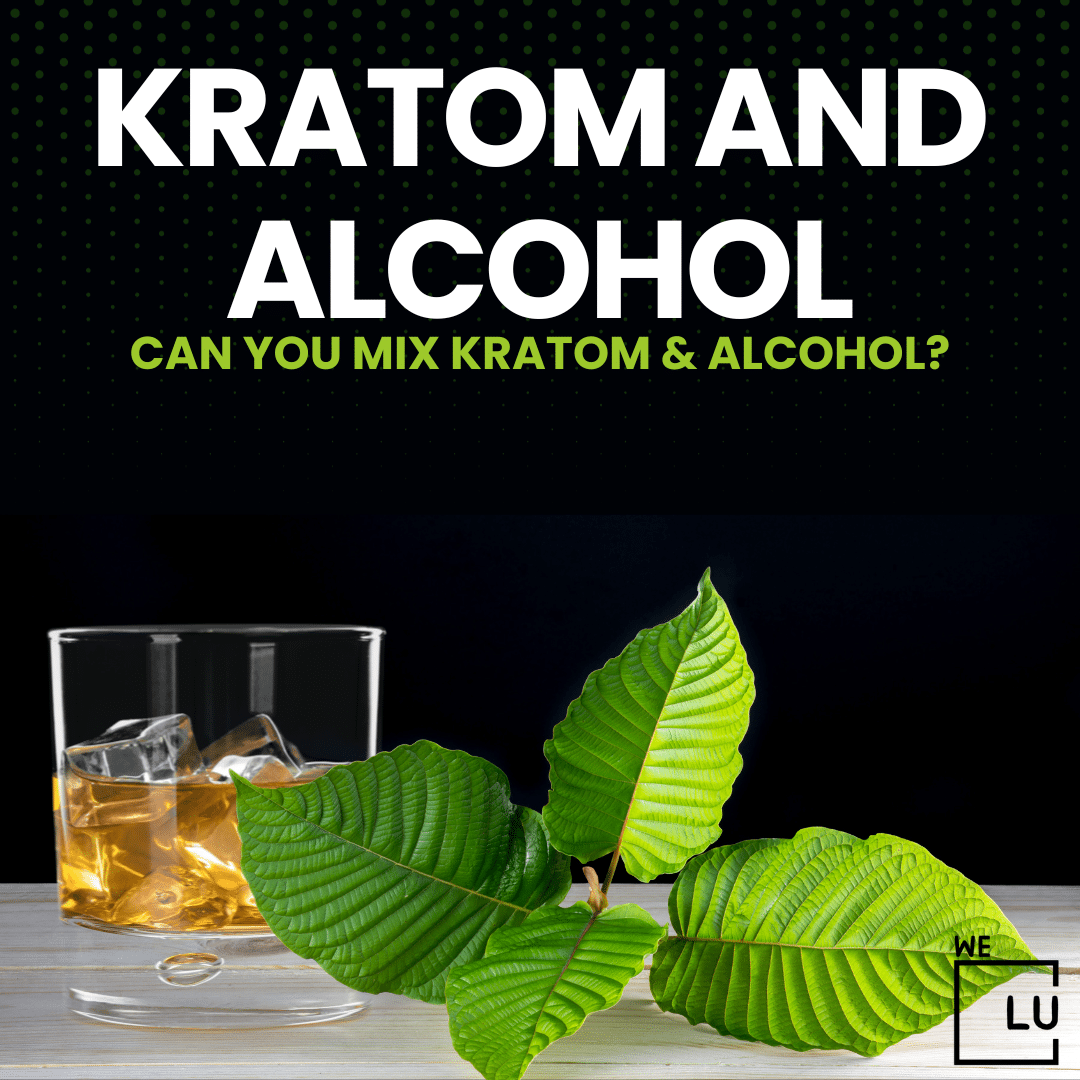What Is Lean?
Lean, also called purple drank, sizzurp, and syrup, is a drug mix that has become more popular in recent years. It mixes prescription cough syrup with codeine or promethazine, soda (often fruit-flavored soda), and sometimes candy or Jolly Rancher to add flavor. Even though popular culture may make it seem cool, lean abuse can be terrible for your physical and mental health.
What Are The Effects of Lean?
Lean, also called purple drank or sizzurp, can have different side effects depending on the ingredients and the person. Some of the most common side effects are drowsiness, sedation, poor coordination, confusion, dizziness, slow heart rate, difficulty breathing, constipation, nausea, and the possibility of becoming addicted. In some cases, taking a lot of lean or using it for a long time can cause breathing problems, seizures, organ damage, and even death.
- Drowsiness: A feeling of extreme tiredness and difficulty staying awake.
- Sedation: A state of calmness or relaxation, often leading to drowsiness.
- Impaired coordination: Difficulty controlling movements and performing tasks requiring fine motor skills.
- Confusion: Mental disorientation, difficulty thinking clearly, and feeling mentally foggy.
- Dizziness: A sensation of spinning or lightheadedness.
- Slowed heart rate: A decrease in heart rate, leading to a slower pulse.
- Respiratory depression: Shallow or slowed breathing, which can be dangerous.
- Constipation: Difficulty passing stools and infrequent bowel movements.
- Nausea: A feeling of sickness or the urge to vomit.
- Potential addiction: Lean can be highly addictive, leading to dependence and withdrawal symptoms when use is stopped.
Short Term Effects of Lean
The short-term effects of lean, also known as purple drank or sizzurp, can include:
- Euphoria: A sense of intense happiness and well-being.
- Relaxation: Feelings of calmness and reduced anxiety.
- Sedation: A state of drowsiness and lethargy.
- Slowed reaction time: Impaired coordination and delayed response to stimuli.
- Impaired judgment: Difficulty making sound decisions and assessing risks.
- Blurred vision: Visual disturbances and difficulty focusing.
- Dizziness: Feeling lightheaded or unsteady on one’s feet.
- Nausea and vomiting: Upset stomach and the urge to vomit.
- Constipation: Difficulty passing stools and infrequent bowel movements.
- Respiratory depression: Shallow or slowed breathing, which can be dangerous.
Long Term Effects of Lean
Lean is a mixture of codeine, promethazine, and soda used as a recreational drug. It can have severe effects on your physical and mental health over time. Some of the long-term effects that could happen are:
- Addiction: Using a drug for a long time can make you physically and mentally dependent on it, which makes it hard to stop.
- Damage to organs: Long-term use of lean can hurt organs like the liver, kidneys, and heart.
- Respiratory problems: Using lean for a long time can cause problems with breathing and make you more likely to get respiratory infections.
- Cognitive impairment: Being too thin can make it hard to think, remember, and use your mind.
- Mood disorders: Long-term use of lean can make mood disorders like depression and anxiety more likely.
- Problems with the stomach and intestines: Using lean can cause digestive issues like constipation, stomach bleeding, and stomach ulcers.
- Hormonal imbalances: The ingredients in lean can throw off the body’s hormone balance, which can cause several health problems.
- Relationship and social problems: Using lean for a long time can strain relationships, hurt performance at work or school, and cut people off from social activities.
- Overdose: Using lean in the wrong way or taking too much of it can lead to a dangerous overdose that can cause breathing problems, coma, or even death.

Skip To:
Learn More:
- Mixing prescription drugs with alcohol, Side Effects, Dangers, Addiction, Commonly Abused Prescription Drugs & Treatment
- Oxycodone and Hydrocodone, Side Effects, Forms, Dosages, Differences & Interactions
- Endocet Usage, Warnings, Endocet vs Percocet, Addiction, Side Effects, Interactions, Overdose & Treatment
- Hydrocodone Addiction And Abuse. Is Hydrocodone Addictive?
- Hydrocodone Side Effects, Uses, Overdose, & Addiction Facts
Concerned about Lean Abuse? We’re here to help you or your loved one break free from the grip of addiction. Reach out to We Level Up CA now for a free and confidential call. Let’s work together to address the challenges of lean abuse, providing the support and guidance needed for a healthier, substance-free future.

Get Your Life Back
Find Hope & Recovery. Get Safe Comfortable Detox, Addiction Rehab & Dual Diagnosis High-Quality Care.
Hotline (855) 695-1160What Are The Dangerous Effects Of Lean?
The recreational use of “lean,” a mixture typically containing codeine, promethazine, and soda, can have a range of dangerous effects on physical and mental health. One of the primary concerns is the presence of opioids, such as codeine, which can lead to severe consequences. Opioids depress the central nervous system, causing respiratory depression, slowed heart rate, and a risk of overdose. Individuals using lean may experience drowsiness, dizziness, and impaired coordination, increasing the likelihood of accidents and injuries.
Prolonged use can lead to tolerance, dependence, and addiction, with withdrawal symptoms upon cessation. Moreover, the combination of ingredients in lean, particularly codeine and promethazine, can result in adverse reactions, including allergic reactions or toxic effects. The misuse of lean can even have profound social implications, straining relationships, leading to isolation, and contributing to legal issues. Overall, the dangerous effects of lean underscore the importance of avoiding its recreational use and seeking professional help for those facing substance misuse or addiction issues.
- Respiratory Depression: The opioid in lean, codeine, can slow or stop your breathing by putting pressure on your respiratory system. This can lead to a lack of oxygen, damage to the brain, a coma, or even death.
- Dependence and addiction: Regular use of lean can lead to physical and mental dependence, making it hard to stop. A person’s health, relationships and overall well-being can suffer significantly if addicted to lean.
- Overdose: Misusing or using too much lean significantly increases the risk of overdose. If you take too much lean, you can stop breathing, have seizures, stop your heart, and have other problems that can kill you.
- Central Nervous System Depression: Because Lean is a sedative, it can make you sleepy, confused, less coordinated, and slow your reactions. These effects can make accidents, injuries, and bad decisions more likely.
- Organ Damage: The combination of codeine and promethazine in lean can hurt the liver, kidneys, and heart, among other organs. Using lean for a long time can hurt your organs and cause other serious health problems.
- Mixing lean with alcohol, benzodiazepines, or other drugs that slow down the central nervous system can strengthen the sedative effects and raise the risk of breathing problems and overdose.
- Legal Consequences: Using lean for fun is against the law in many places, and possessing or selling lean can lead to legal trouble and criminal charges.
Get Help. Get Better. Get Your Life Back.
Searching for an Accredited Drug and Alcohol Rehab Centers in Near You?
Even if you have failed previously and relapsed, or are in the middle of a difficult crisis, we stand ready to support you. Our trusted behavioral health specialists will not give up on you. When you feel ready or just want someone to speak to about therapy alternatives to change your life call us. Even if we cannot assist you, we will lead you to wherever you can get support. There is no obligation. Call our hotline today.
FREE Addiction Hotline – Call 24/7
How Long Do the Effects of Lean Last?
Lean is a mixture of codeine, promethazine, and soda used as a recreational drug. The effects of lean can last for different amounts of time depending on the person’s metabolism, dosage, and how often they use it. Often, Lean can make you feel better for a few hours. Here’s a more detailed look at the duration of effects for each component:
- Codeine: As an opioid, codeine’s effects typically last for about 4 to 6 hours. It can start to take effect within 30 to 45 minutes after ingestion.
- Promethazine: This medication, an antihistamine with sedative properties, can begin to take effect within 20 to 30 minutes, and its effects can also last for about 4 to 6 hours.
Most of the time, the first effects happen 30 minutes to an hour after taking it, and the peak effects occur 1 to 2 hours later. People who use it may feel euphoric, calm, sleepy, and see things differently. After the peak, the physical and mental effects may go away slowly, but some effects, like drowsiness or poor coordination, can last several hours.
These are general estimates, and the actual duration can vary. Additionally, the combination of these substances can enhance the sedative effects, which can be dangerous. Misuse of these medications can lead to serious health risks, including respiratory depression, overdose, and death. Use medications only as prescribed by a healthcare professional. If you or someone you know is struggling with substance abuse, please seek professional help.
Comfortable Facilities & Amenities
High-Quality Addiction & Mental Health Rehabilitation Treatment
Rehab Centers TourRenowned California Addiction Center. Serene Private Facilities. Inpatient rehab programs vary.
Addiction Helpline (855) 695-1160Proven recovery success experience, backed by a Team w/ History of:
15+
Years of Unified Experience
100s
5-Star Reviews Across Our Centers
10K
Recovery Success Stories Across Our Network
- Low Patient to Therapist Ratio
- Onsite Medical Detox Center
- Comprehensive Dual-Diagnosis Treatment
- Complimentary Family & Alumni Programs
- Coaching, Recovery & Personal Development Events
The Social Effects Of Lean
The recreational use of substances like “lean,” which typically contains codeine, promethazine, and soda, can have various social effects, mostly negative. Here is a list of some of the social impacts of drinking Lean.
- Social Effects:
- Social Bonding: Some individuals may use substances in social settings as a means of bonding or as part of social rituals.
- Enhanced Social Experiences: Users might perceive that substances enhance their social experiences, making gatherings or events more enjoyable.
- Isolation: Substance use, especially when it becomes problematic, can lead to social isolation as individuals may prioritize drug use over relationships.
- Financial Strain: Substance use can lead to financial difficulties, impacting an individual’s ability to participate in social activities or maintain relationships.
- Strained Relationships: Dependence on substances can strain relationships with friends and family, as it may result in erratic behavior, unreliability, and conflicts.
- Legal Consequences: Misuse of substances can lead to legal consequences, affecting an individual’s social standing, employment opportunities, and relationships.
- Health Issues: Substance misuse can lead to physical and mental health issues, which can impact an individual’s ability to engage in social activities.
The recreational use of drugs can be dangerous and harmful. Substance use should always be approached with caution, and individuals struggling with substance misuse or addiction should seek professional help and support.
If you or someone you know is facing challenges related to substance use, it’s recommended to reach out to healthcare professionals, addiction specialists, or support groups for assistance.

World-class, Accredited, 5-Star Reviewed, Effective Addiction & Mental Health Programs. Complete Behavioral Health Inpatient Rehab, Detox plus Co-occuring Disorders Therapy.
CALL (855) 695-1160End the Addiction Pain. End the Emotional Rollercoaster. Get Your Life Back. Start Drug, Alcohol & Dual Diagnosis Mental Health Treatment Now. Get Free No-obligation Guidance by Substance Abuse Specialists Who Understand Addiction & Mental Health Recovery & Know How to Help.

Side Effects Of Lean On Mental Health
The use of “lean,” a recreational concoction that typically includes codeine, promethazine, and soda, can have various effects on mental health, and many of these effects can be negative. The misuse of substances, especially those containing opioids like codeine, can have serious consequences. Here are some potential effects on mental health associated with lean use:
- Depression and Anxiety: Opioids can depress the central nervous system, potentially leading to symptoms of depression and anxiety. Prolonged use may exacerbate these mental health issues.
- Cognitive Impairment: Opioids can impair cognitive function, affecting memory, attention, and decision-making. This can contribute to difficulties in daily life and work.
- Risk of Addiction: Opioids, such as those found in lean, have a high potential for addiction. Addiction can have a profound impact on mental health, leading to cravings, withdrawal symptoms, and an increased focus on obtaining and using the substance.
- Increased Risk of Mental Health Disorders: Substance misuse, including the use of lean, can increase the risk of developing mental health disorders or exacerbate existing conditions.
- Mood Swings: Opioids can contribute to mood swings, ranging from euphoria during use to irritability and dysphoria during withdrawal or periods of non-use.
- Social Isolation: As substance use can become central to an individual’s life, it may lead to social isolation, withdrawal from friends and family, and a reduced interest in activities not related to drug use.
- Negative Impact on Coping Mechanisms: Relying on substances like Lean to cope with stress or negative emotions can hinder the development of healthy coping mechanisms, leading to an increased risk of mental health challenges.
Any use of substances, especially those with the potential for addiction, like opioids, should be approached with caution. If you or someone you know is experiencing challenges related to mental health or substance use, seeking help from healthcare professionals, mental health specialists, or addiction counselors is strongly recommended. They can provide guidance, support, and appropriate interventions tailored to individual needs.
Experience Transformative Recovery at the We Level Up California Treatment Center.
See our authentic success stories. Get inspired. Get the help you deserve.



Start a New Life
Begin with a free call to an addiction & behavioral health treatment advisor. Learn more about our dual-diagnosis programs. The We Level Up treatment center network delivers recovery programs that vary by each treatment facility. Call to learn more.
- Personalized Care
- Caring Accountable Staff
- World-class Amenities
- Licensed & Accredited
- Renowned w/ 100s 5-Star Reviews
We’ll Call You
Watch How He Turned Around His Life From Drug Addiction
“Hi, my name is Sean; I have been clean since September 26, 2014. I remember and reflect on loneliness, despair, and constant anxiety-ridden behavior. I was left to my own devices and looking to the left and right.
And not having anybody to call or talk to. I know it’s cliche; I know a lot of people say it. I would have sold myself extremely short of my life today. If I had tied myself to the material items, I wouldn’t have realized the life I wanted. And I’m forever grateful for the guidance I received.”
Search We Level Up CA Effects Of Lean, Drug & Alcohol Rehab / Detox & Mental Health. Topics & Resources
Sources
- National Institute on Drug Abuse (NIDA) – Cough and Cold Medicine Abuse: https://www.drugabuse.gov/publications/research-reports/misuse-prescription-drugs/overview Learn More: what are the effects of lean / what are the side effects of lean /side effects of drinking lean
- Substance Abuse and Mental Health Services Administration (SAMHSA) – Misuse of Prescription Drugs: https://www.samhsa.gov/find-help/national-helpline Learn More: what are the effects of lean / what are the side effects of lean /side effects of drinking lean
- Food and Drug Administration (FDA) – Safe Disposal of Medicines: https://www.fda.gov/consumers/consumer-updates/where-and-how-dispose-unused-medicines Learn More: what are the effects of lean / what are the side effects of lean /side effects of drinking lean
- National Institutes of Health (NIH) – Codeine: https://pubchem.ncbi.nlm.nih.gov/compound/codeine Learn More: what are the effects of lean / what are the side effects of lean /side effects of drinking lean
- National Institute on Drug Abuse (NIDA) – Prescription Drugs and Cold Medicines: https://www.drugabuse.gov/drug-topics/trends-statistics/infographics/prescription-drugs-cold-medicines Learn More: what are the effects of lean / what are the side effects of lean /side effects of drinking lean
- U.S. Department of Health and Human Services (HHS) – Substance Abuse Treatment Locator: https://findtreatment.samhsa.gov/ Learn More: what are the effects of lean / what are the side effects of lean /side effects of drinking lean
- National Survey on Drug Use and Health (NSDUH) – Substance Abuse and Mental Health Data: https://www.samhsa.gov/data/report/2019-nsduh-detailed-tables Learn More: what are the effects of lean / what are the side effects of lean /side effects of drinking lean
- Palamar JJ. Use of “Lean” Among Electronic Dance Music Party Attendees. Am J Addict. 2019 Sep;28(5):347-352. doi: 10.1111/ajad.12897. Epub 2019 Apr 30. PMID: 31041819; PMCID: PMC6706295. https://www.ncbi.nlm.nih.gov/pmc/articles/PMC6706295/
- Ware OD. Lean/Sizzurp Ingredients, Use, and Coping With Mental Health Symptoms. Subst Abuse. 2023 Sep 22;17:11782218231195226. doi: 10.1177/11782218231195226. PMID: 37746632; PMCID: PMC10517614. https://www.ncbi.nlm.nih.gov/pmc/articles/PMC10517614/
- DEA. Drugs of Abuse, A DEA Resource Guide (2020 Edition). https://www.dea.gov/sites/default/files/2020-04/Drugs%20of%20Abuse%202020-Web%20Version-508%20compliant-4-24-20_0.pdf




